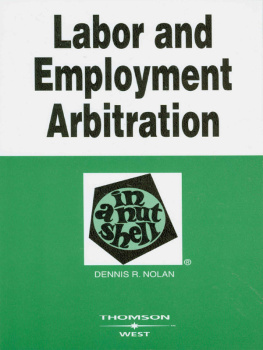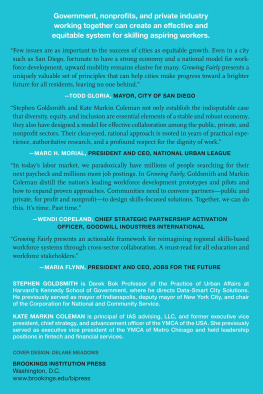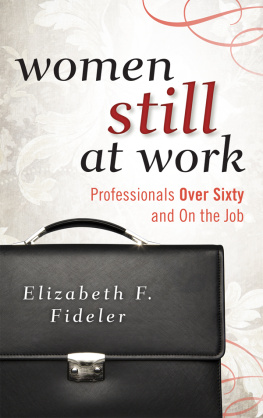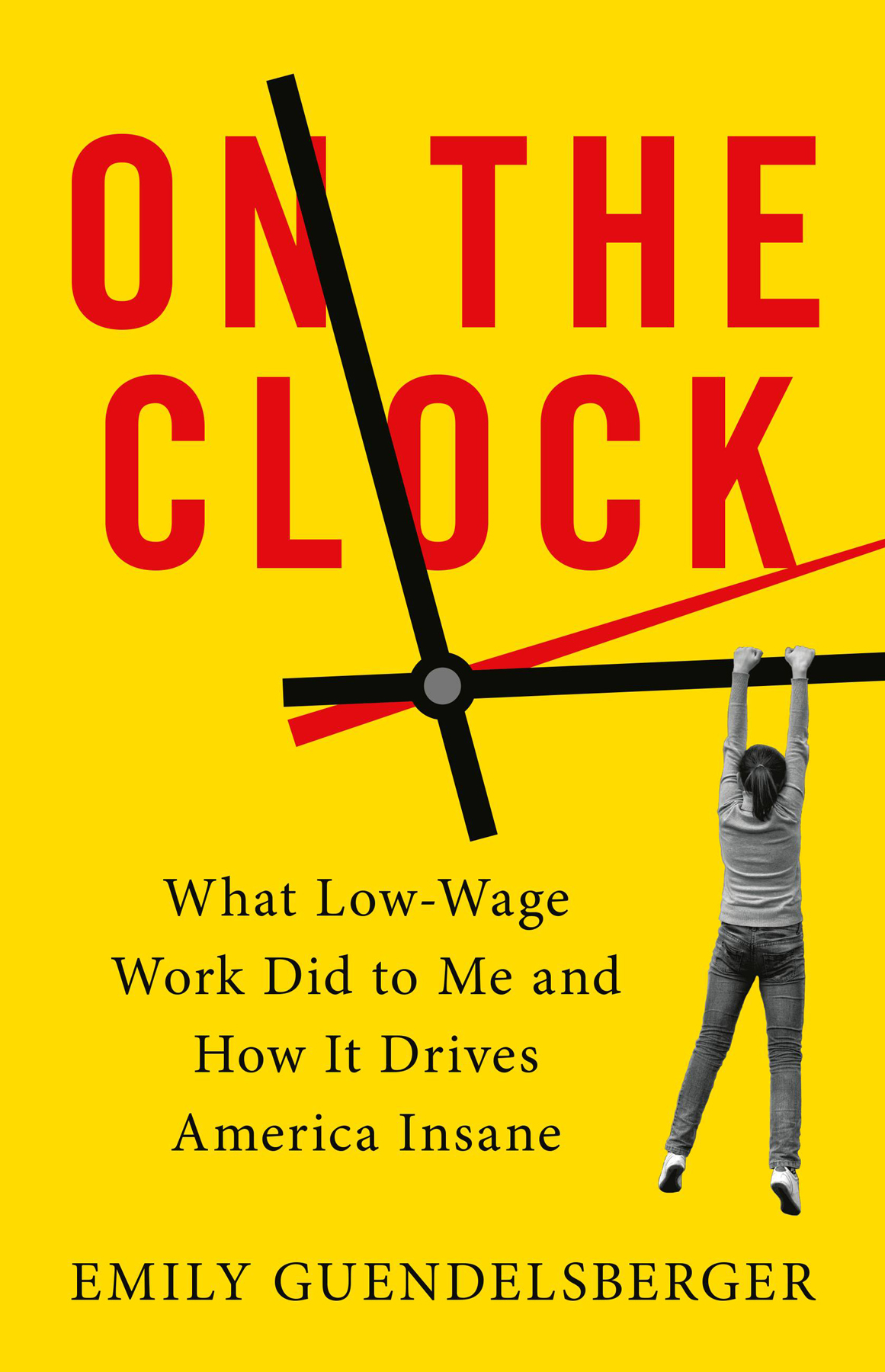Cover 2019 Hachette Book Group, Inc.
Hachette Book Group supports the right to free expression and the value of copyright. The purpose of copyright is to encourage writers and artists to produce the creative works that enrich our culture.
The scanning, uploading, and distribution of this book without permission is a theft of the authors intellectual property. If you would like permission to use material from the book (other than for review purposes), please contact permissions@hbgusa.com. Thank you for your support of the authors rights.
Little, Brown and Company is a division of Hachette Book Group, Inc. The Little, Brown name and logo are trademarks of Hachette Book Group, Inc.
The publisher is not responsible for websites (or their content) that are not owned by the publisher.
The Hachette Speakers Bureau provides a wide range of authors for speaking events. To find out more, go to hachettespeakersbureau.com or call (866) 376-6591.
T his book is an examination of the day-to-day experience of low-wage work in America in the mid-2010s. There was a lot of totally standard journalism and research involved, but because what interests me most is the experience, I worked three jobs undercover to be able to accurately describe that experience.
I mean, kind of undercover. I didnt volunteer that I was writing a book, but I also didnt lie or misrepresent myself. Heres how that worked, if youre interested.
About the timeline: The newspaper I worked at closed in October of 2015. I spent part of November and all of December that year in Southern Indiana, across the river from Louisville, Kentucky, working at Amazon. I spent most of the summer of 2016 in western North Carolina working at Convergys. I spent September and October of 2017 in San Francisco working at McDonalds.
About getting the jobs: I applied using my real name and real work history as a journalist whos also had a lot of service jobs. Interviewers were almost entirely interested in the cleanliness of my criminal record and drug test; my prior work experience came up exactly once, in my interview at Convergys. I said I was a writer who hadnt had a steady job since her newspaper closed and laid everybody off a year earlier, which was 100 percent true. I would have been just as honest on follow-up questions had anybody asked them. Nobody did. All three companies seemed desperate to hire enough felony-and opiate-free bodies to keep up with the massive turnover rate built into their business models. Nobody called my references.
About not feeling bad about it: I might feel a little bad about taking advantage of careless interviewers or wasting my trainers time if the massive turnover at each of these jobs was a bug rather than a feature. But high turnover, and the consequent need to hire new bodies quickly and without scrutiny, is intentional. Its central to the way these companies operate. Ill get into detail on that later, but for now, just know that I stayed at these jobs longer than a whole lot of my coworkers did.
About quoting the boss: At Amazon and Convergys, the settings of parts 1 and 2 respectively, I occasionally recorded orientation sessions and other instances when a manager spoke as the voice of the company. Covertly recording your own conversations is legal in both Indiana and North Carolina, where the first two parts take place. California, where the third part takes place, is one of the few states where its legally fuzzy, so I just didnt do it at all therequotations in the third part are written entirely from memory and notes I made on breaks. Anyway, the pace at my San Francisco McDonalds was so frantic and the training so minimal that recording wouldnt have been useful, anyway.
About quoting coworkers: I didnt feel right covertly recording my nonmanagement coworkers, even if it would have been legal. When I had a conversation I wanted to use in the book, Id make a note of it and get back in touch with the person I had been speaking with later, usually after Id left the job and didnt have to worry about blowing my cover. Id fill that person in about the book and what it was about and ask if he or she would be willing to try to re-create the conversation on tape. Any extended dialogue scenes with coworkers come from these after-the-fact recordings, which were made with consent.
About quoting others: Experts and sources are fully on the record, just like anything Id write for a newspaper. I didnt record my interactions with customers; those quotes are from memory.
About names: Some of the names I use for people I met are real, some arent. I initially let people pick their own fake names, but had to change this policy after the group of guys who appear near the end of the first part all chose names along the lines of Dr. Babydick. It was funny at the time, but it just didnt work written out as dialogue. So, with apologies to Zeb, Eli, and the gang, I chose names for them and everyone else. I tried to pick ones that communicate as much about peoples age, race, and culture as their real names do.
About descriptions: I include the race of most people I mention; I think its pertinent information. Ive tried to break my habit of only noting a persons race if she isnt white: if I miss a few here and there, I really am trying.
About the companies: These are the actual companies I worked for, but that doesnt mean this book is meant as an expos of Amazon, Convergys, McDonalds, or AT&T. The point isnt that these companies are uniquely horrible. Its that these technologies and practices are present in most other low-wage jobs, too. I chose these companies because of how well theyve adapted to this system, but the system is the problem, not them.
About the paychecks: You bet I cashed those checksI worked my ass off. These companies squeezed just as much labor and profit out of me as any of my coworkers, and I didnt work any less hard because I was planning to write about it. Anyone wishing to debate the finer points of journalism ethics may do so after paying off my credit cards.
W hat does in the weeds mean to you?
Ive been asking people that for a couple of years nowits become a sort of hobby. Theres two definitions, and you can often tell a lot by which one a person knows.
First, theres what I call the academic definition: To be bogged down in the minute or unimportant details of a large project. I heard this a lot in the ten years I spent working in newspapers.
Then theres the waitress definition: To be harried or frantic because theres more work on your plate than you can do at a reasonable pace. A key part of this definition is a feeling of desperation and hopelessnessbeing unable to catch up, even though youre working as fast as you possibly can.
I think of this as the waitress definition because thats who I learned it from, at my first real job, scooping ice cream as a sixteen-year-old for $5.15 an hour, the minimum wage in 2000. Hurry up, kid, Im in the weeds, snapped an older waitress, impatient to use the cash register I was fumbling with. Her meaning was obvious: she was hustling around at top speed, grim-faced, trying to get her customers taken care of before her tips went down the drain. And I was in her way.









